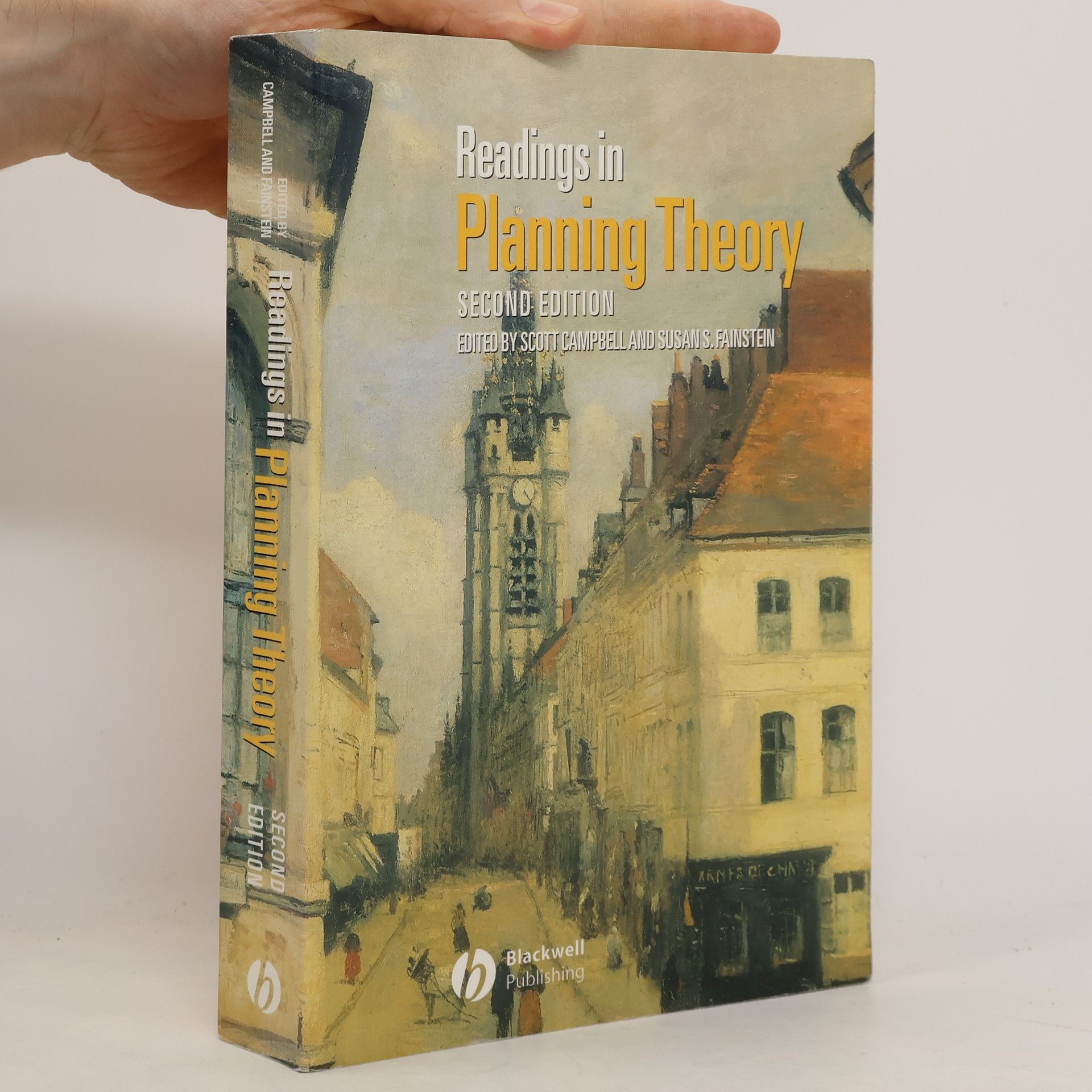Readings in Planning Theory - Second Edition
- 488bladzijden
- 18 uur lezen
The second edition of this very successful volume examines the current state of planning theory and the new directions it has taken in recent years.
Susan S. Fainstein is een politiek theoreticus en stedebouwkundige wiens werk zich richt op het concept van de rechtvaardige stad. Haar onderzoek onderzoekt de distributieve effecten van stedelijke ontwikkelingsstrategieën en megaprojecten. Ze onderzoekt ook de rol van democratie en gemeenschapscontrole binnen lokale openbare instellingen. Fainstein streeft ernaar een morele theorie van de rechtvaardige stad te ontwikkelen, waarbij de nadruk ligt op billijkheid en sociale rechtvaardigheid.

The second edition of this very successful volume examines the current state of planning theory and the new directions it has taken in recent years.